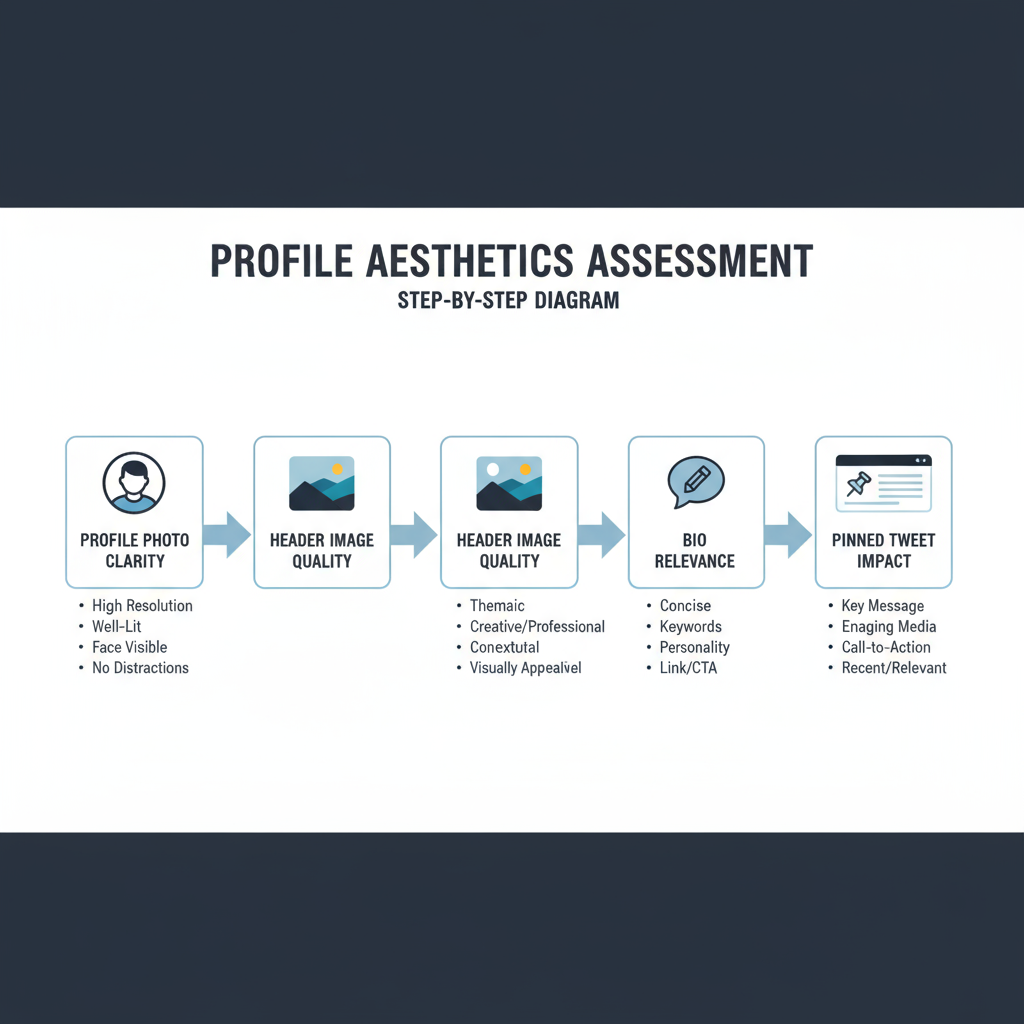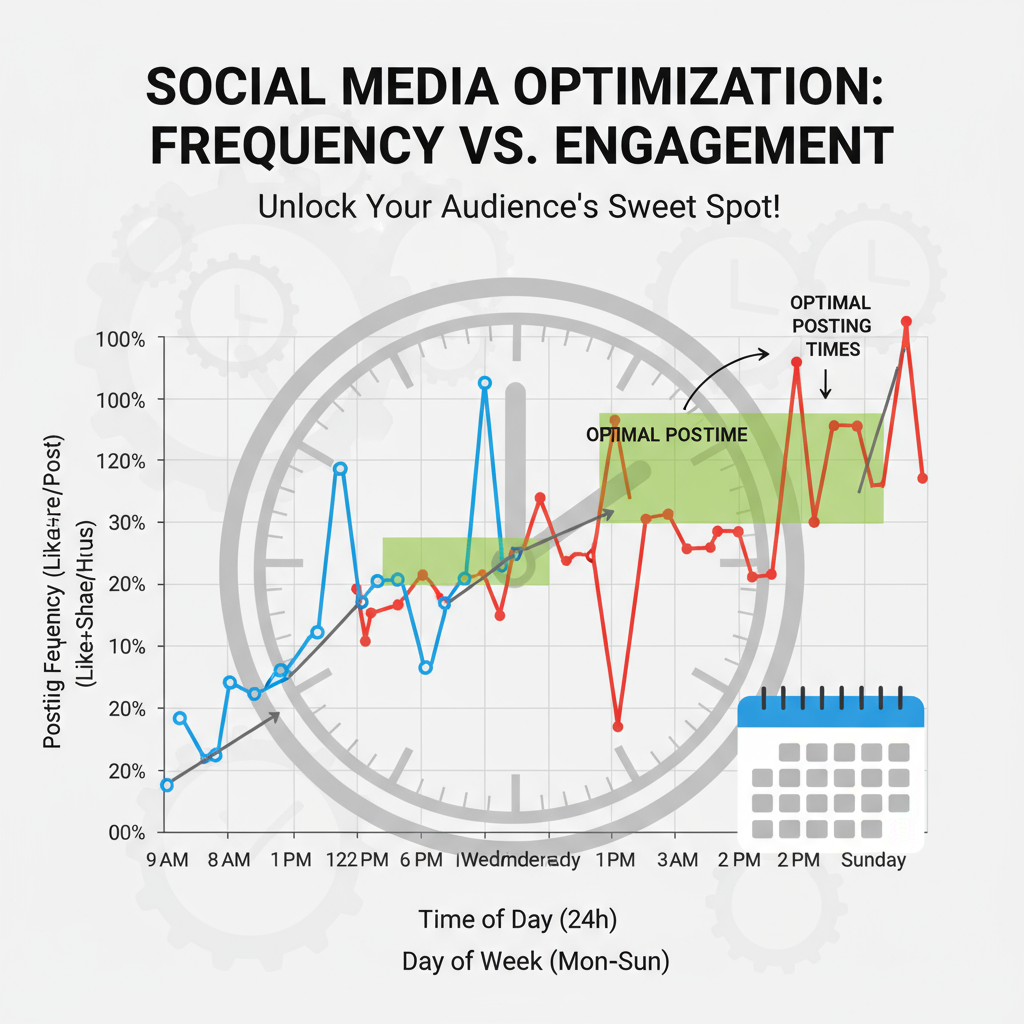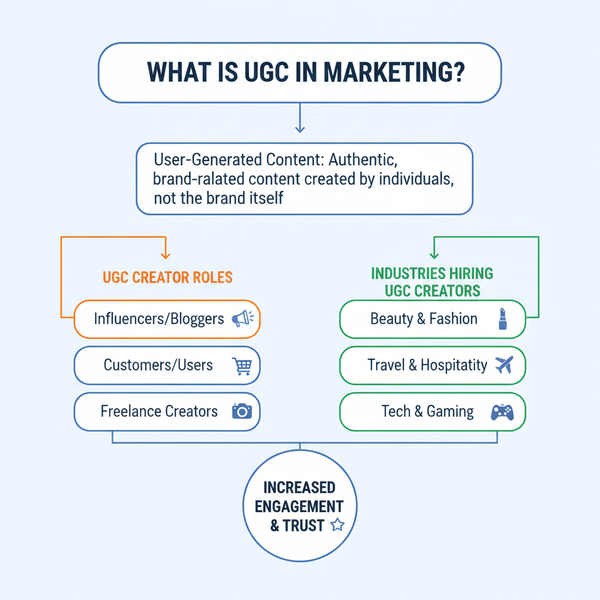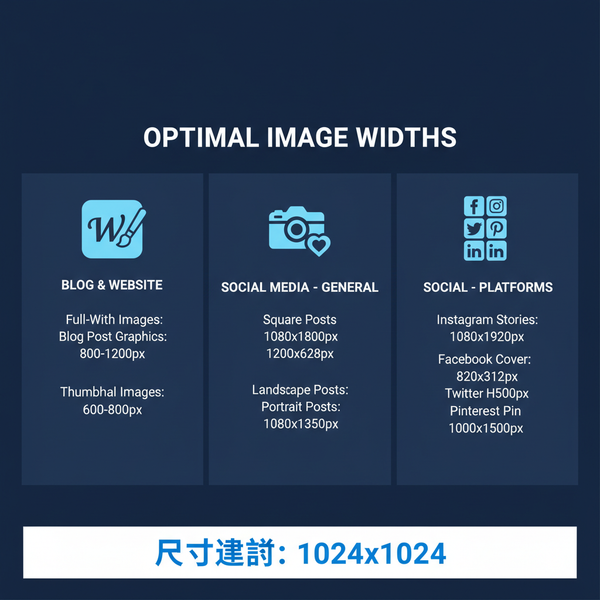Twitter Profile Analysis Strategies for Growth
Learn how to analyze your Twitter profile with key metrics, content performance, audience insights, and competitive benchmarking for sustainable growth.

Understanding Twitter Profile Analysis for Sustainable Growth
Twitter profile analysis is the strategic process of reviewing, interpreting, and acting on data from your Twitter account in order to enhance performance, amplify reach, and increase engagement. In today’s competitive social media landscape, systematic Twitter profile analysis helps uncover actionable insights about your audience, content, and branding so you can make informed decisions that drive long-term growth.

With millions of tweets published daily, standing out requires both creativity and precision. By evaluating key statistics, aesthetics, posting patterns, and audience behaviors, you can make evidence-based adjustments that directly influence visibility and impact.
---
Key Metrics to Track
Metrics are the backbone of Twitter profile analysis—without them, decisions default to guesswork. Tracking the right KPIs allows you to monitor progress, spot trends, and quickly pinpoint areas needing improvement.
Core Metrics Include:
- Followers: Indicates audience size.
- Engagement Rate: Measures interaction relative to reach or impressions.
- Impressions: Frequency your tweets are seen.
- Reach: The unique user count for tweet views.
| Metric | Definition | Why It Matters |
|---|---|---|
| Followers | Total number of people subscribed to your tweets | Signals influence and potential audience size |
| Engagement Rate | Interactions divided by impressions or reach | Reveals how compelling your content is |
| Impressions | Total views of your tweets | Offers insight into visibility and exposure |
| Reach | Number of unique users who see your tweets | Helps measure audience penetration |
---
Assessing Profile Aesthetics
Design and textual elements—profile photo, header image, bio, and link—are often the first impression for potential followers.

Key Areas to Review:
- Profile Picture: Choose a high-resolution image aligned with your brand identity.
- Header Image: Feature branding, products, events, or campaign visuals.
- Bio: Keep concise, include relevant keywords, hashtags, or slogans.
- Link: Direct followers to a website, portfolio, or dedicated landing page.
A cohesive aesthetic communicates professionalism and encourages casual visitors to follow and engage.
---
Evaluating Tweet Content Performance
To truly benefit from Twitter profile analysis, track performance of individual tweets for insight into audience preferences.
Metrics to Monitor:
- Likes
- Retweets
- Replies
- Click-Through Rate (CTR) for embedded links
Segment analytics by tweet format—text-only, image-based, video, or threads—to identify what drives higher engagement. Often, media-rich posts outperform plain text, while threaded tweets sustain interaction over time.
---
Posting Frequency and Optimal Timing
Tweet timing and posting frequency can shape campaign success.
Tips:
- Maintain a consistent schedule.
- Use analytics to pinpoint peak activity periods.
- Adjust to follower time zones for maximum exposure.
Testing posts during specific windows—such as lunch hours or commutes—can reveal engagement sweet spots.
---
Studying Follower Demographics and Interests
Knowing who follows you empowers content targeting.
How to Gather Data:
- In Twitter Analytics, explore follower demographics.
- Analyze bio keywords and locations with Followerwonk.
- Match audience interests with trending niche topics to fuel tailored campaigns.
Content that reflects audience identities and preferences encourages stronger engagement and loyalty.
---
Competitive Analysis
Benchmark your Twitter profile against competitors to identify strengths and opportunities.
Steps to Compare:
- List direct and indirect competitors.
- Record their KPIs: followers, engagement rate, posting cadence, hashtag tactics.
- Track which content sparks their audience engagement.
Leveraging competitor insights helps refine your own positioning and avoid missed opportunities.
---
Hashtags and Keywords for Discoverability

Strategic hashtags and keywords boost discoverability in Twitter searches and conversations.
Best Practices:
- Blend high-volume tags with niche hashtags.
- Monitor hashtag analytics for impact.
- Incorporate primary keywords smoothly into tweets and your bio.
This balance can expand reach while targeting the most relevant communities.
---
Data-Driven Content and Branding Adjustments
Turn insights into action:
- Prioritize formats with higher engagement.
- Adapt tone and style according to sentiment analysis.
- Update visual branding if aesthetic checks reveal low conversion rates.
With Twitter profile analysis, evidence replaces assumptions, making content and branding refinements more effective.
---
Establishing a Regular Analysis Schedule
Consistency ensures small shifts don’t become big problems.
Suggested Schedule:
- Weekly: Review top tweets and engagement surges.
- Monthly: Track follower, impression, and reach changes.
- Quarterly: Analyze deeper patterns and brand-level impact.
Routine reviews deepen understanding and sharpen long-term strategies.
---
Leveraging Analytical Tools
Powerful tools streamline the analysis process.
| Tool | Primary Function | Advantages |
|---|---|---|
| Twitter Analytics | Native platform insights | Free, direct integration |
| Followerwonk | Follower analysis and comparison | Detailed demographic insights |
| Sprout Social | All-in-one social media management | Cross-platform analysis and scheduling |
| Hootsuite | Content scheduling and reporting | Team collaboration and automation |
---
Tracking Growth Trends and Refining Goals
Analytics are most powerful when paired with context.
Key Actions:
- Graph follower growth monthly.
- Detect seasonal peaks or campaign-driven surges.
- Compare against historical averages.
Refining objectives in response to trends ensures your Twitter approach evolves alongside platform shifts and audience changes.
---
Summary and Next Steps
Effective Twitter profile analysis is a cyclical process blending creativity, data, and engagement strategy. By systematically auditing metrics, aesthetics, content, timing, hashtags, audience demographics, and competition—and by using robust analytical tools—you can turn raw data into measurable growth.
Whether your goal is to expand reach, increase engagement, or boost ROI, disciplined analysis will keep your Twitter presence ahead of the curve. Start implementing these strategies today, and transform your Twitter analytics into actionable results that advance your brand.




